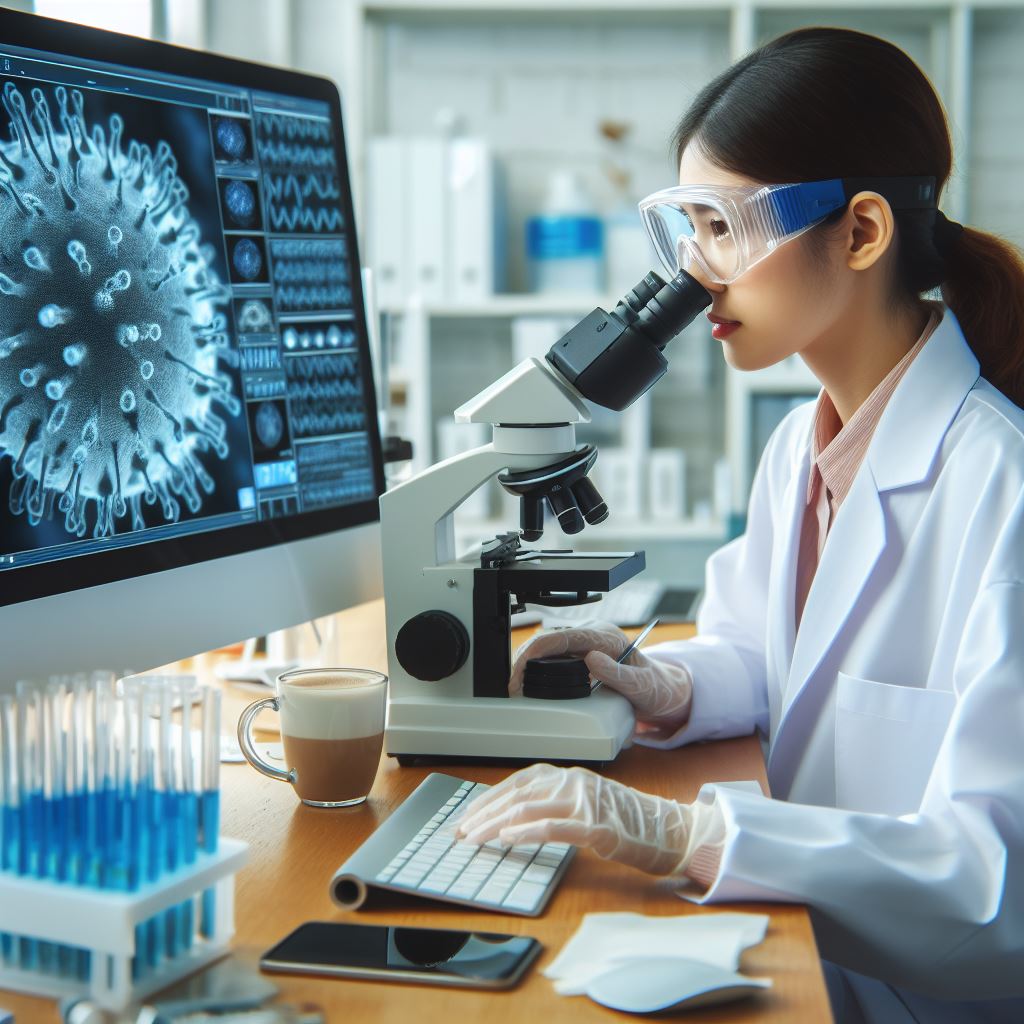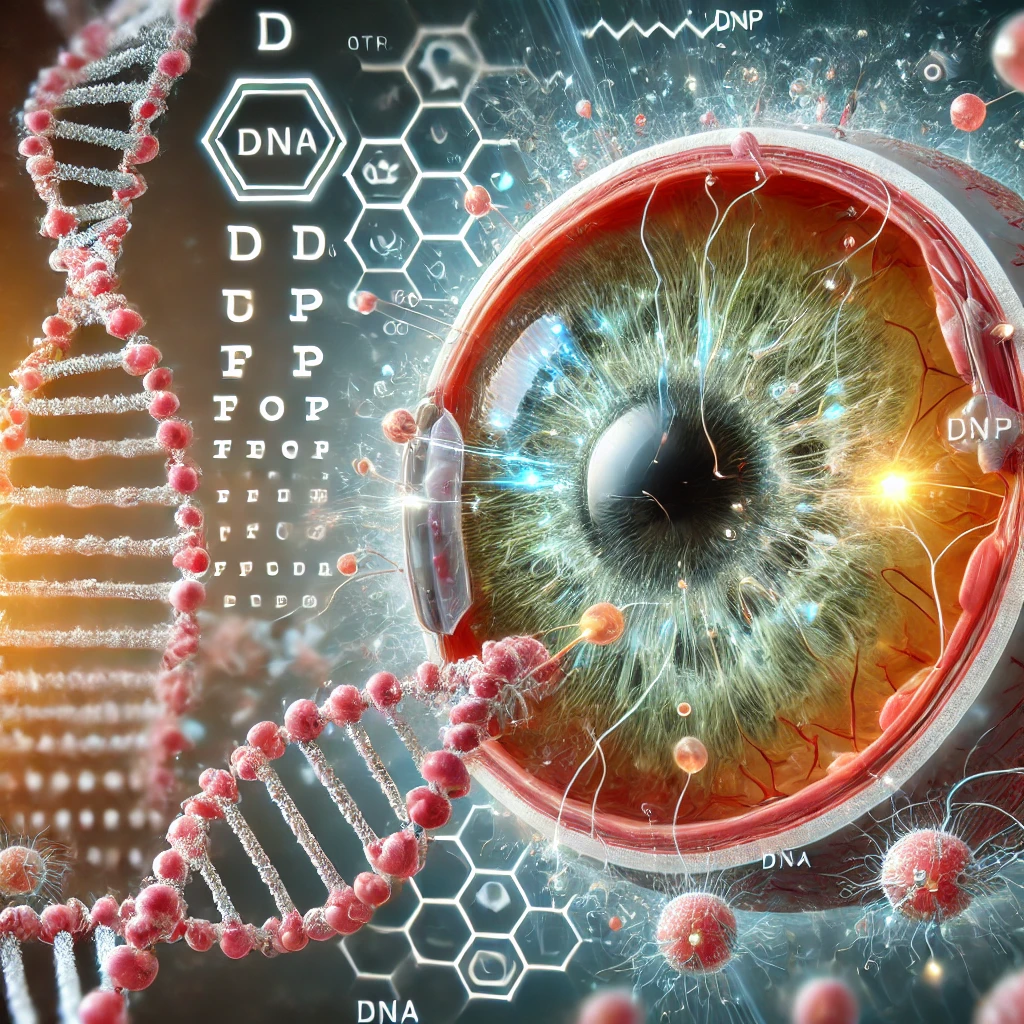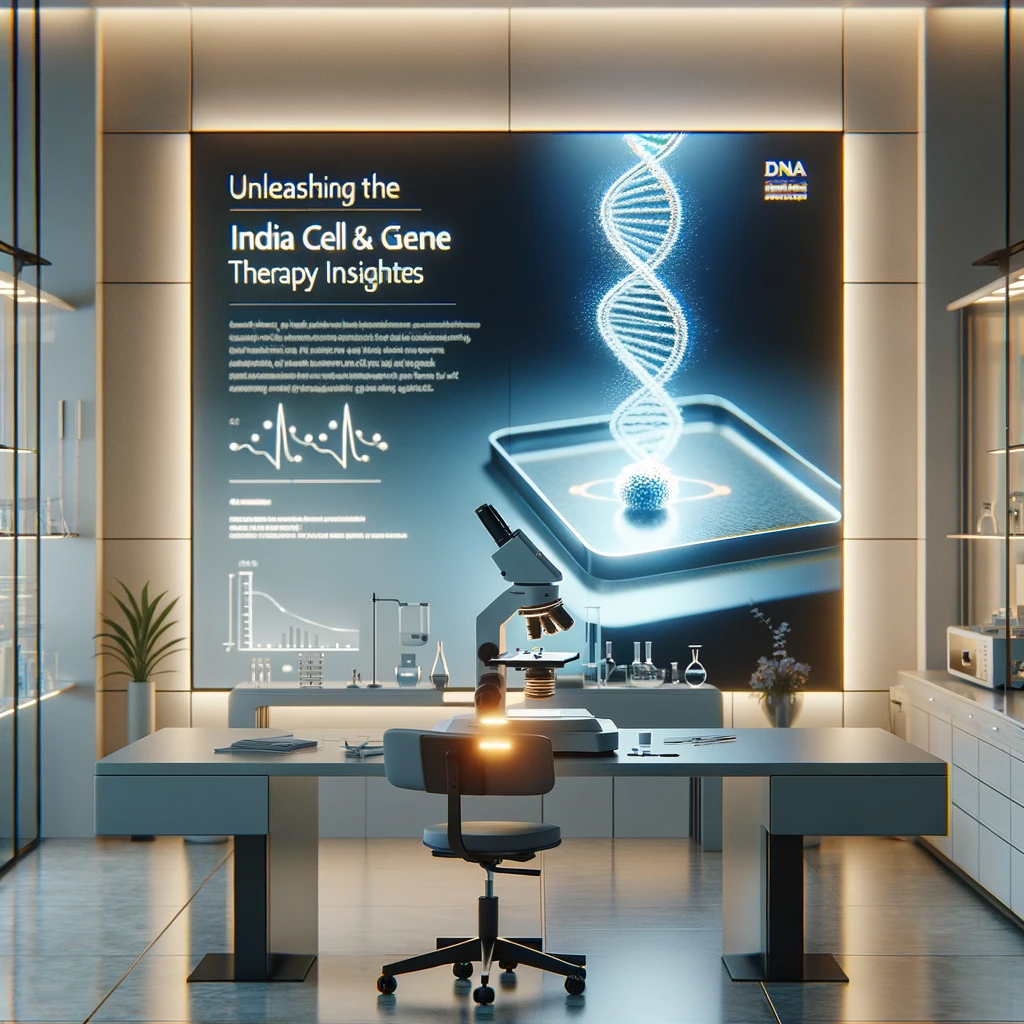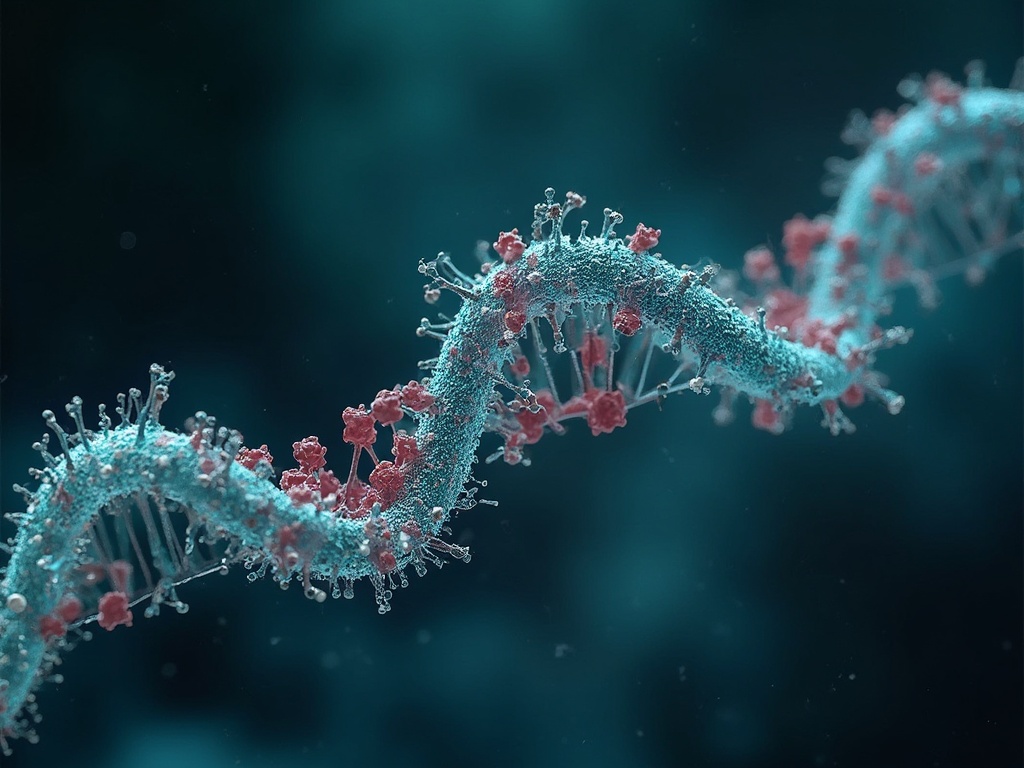In a groundbreaking study published in Nature Communications a team of scientists has made significant progress in understanding the complex interplay between the immune system and cancer metabolism in the treatment of breast cancer. This research offers fresh insights into how both the immune state and cancer metabolism change during neoadjuvant chemotherapy (NAC), potentially paving the way for more effective therapies.
The multidisciplinary study employed advanced techniques such as proteomics, genomics, transcriptomics, and histopathology to examine tumour tissue samples from breast cancer patients at various stages: before, during, and after NAC. This comprehensive approach allowed the researchers to paint a detailed picture of the metabolic reprogramming occurring within the tumour microenvironment (TME) in response to chemotherapy.
“We used multiple ‘omic’ analyses to examine metabolic reprogramming within the tumour microenvironment in breast cancer and studied whether and how it evolves during neoadjuvant chemotherapy,” explains Theodoros Foukakis, a researcher at the Department of Oncology-Pathology, Karolinska Instituted, who led the study. “We identified targetable vulnerabilities of immunometabolism with the potential to be exploited in immunotherapy combination strategies.”
The study’s findings revealed that the immune state, tumour metabolic proteins, and tumour cell gene expression are all interconnected and play crucial roles in the response to treatment. By identifying and validating potential drivers of immunometabolism in vitro, the researchers suggest that targeting tumour metabolism could be a viable strategy for modulating the immune response.
Implications for Future Therapies
The implications of these findings are far-reaching. They highlight the potential of targeting tumour metabolism to enhance the efficacy of immunotherapies, which are treatments designed to harness and amplify the body’s immune response against cancer cells. By gaining a deeper understanding of the dynamic relationship between a tumour’s metabolic state and its microenvironment, researchers can identify new prognostic biomarkers and therapeutic targets, facilitating the development of precision medicine in breast cancer treatment.
This study not only illuminates the intricate ecosystem of breast cancer but also suggests novel treatment strategies that could significantly improve patient outcomes. The innovative approach to characterizing the genomic and proteomic landscape of breast cancer holds promise for the future of cancer research and therapy.
The Human Touch in Research
The dedication and meticulous work of researchers like Theodoros Foukakis and his team offer hope to millions of breast cancer patients worldwide. Their efforts underscore the importance of scientific inquiry and collaboration in the quest for more effective and personalized cancer treatments. As science advances, studies like this bring us closer to a future where cancer can be more precisely targeted and treated, reducing the burden on patients and improving their quality of life.
By continually pushing the boundaries of our understanding, researchers are transforming the landscape of cancer therapy. Their work is a testament to the power of human ingenuity and perseverance in the fight against one of the most formidable diseases of our time.
Join us at the 8th Cell & Gene Therapy World Asia 2024 & Cryogenic Logistics World Asia 2024, taking place on September 10th-11th at the Suntec Singapore Convention & Exhibition Centre. Now in its 8th edition, Cell and Gene Therapy World Asia has firmly established itself as Asia’s premier gathering for new partnerships, ideas, and knowledge in cell and gene therapy. We are proud to continue providing a meeting platform where Asia’s growing cell and gene therapy industry is at the forefront, receiving increasing global attention for its rapid advancements in new therapies, R&D, and biomanufacturing.
Source: https://www.miragenews.com/new-study-paves-way-for-innovative-breast-1243396/
Research paper: https://pubmed.ncbi.nlm.nih.gov/38714665/





